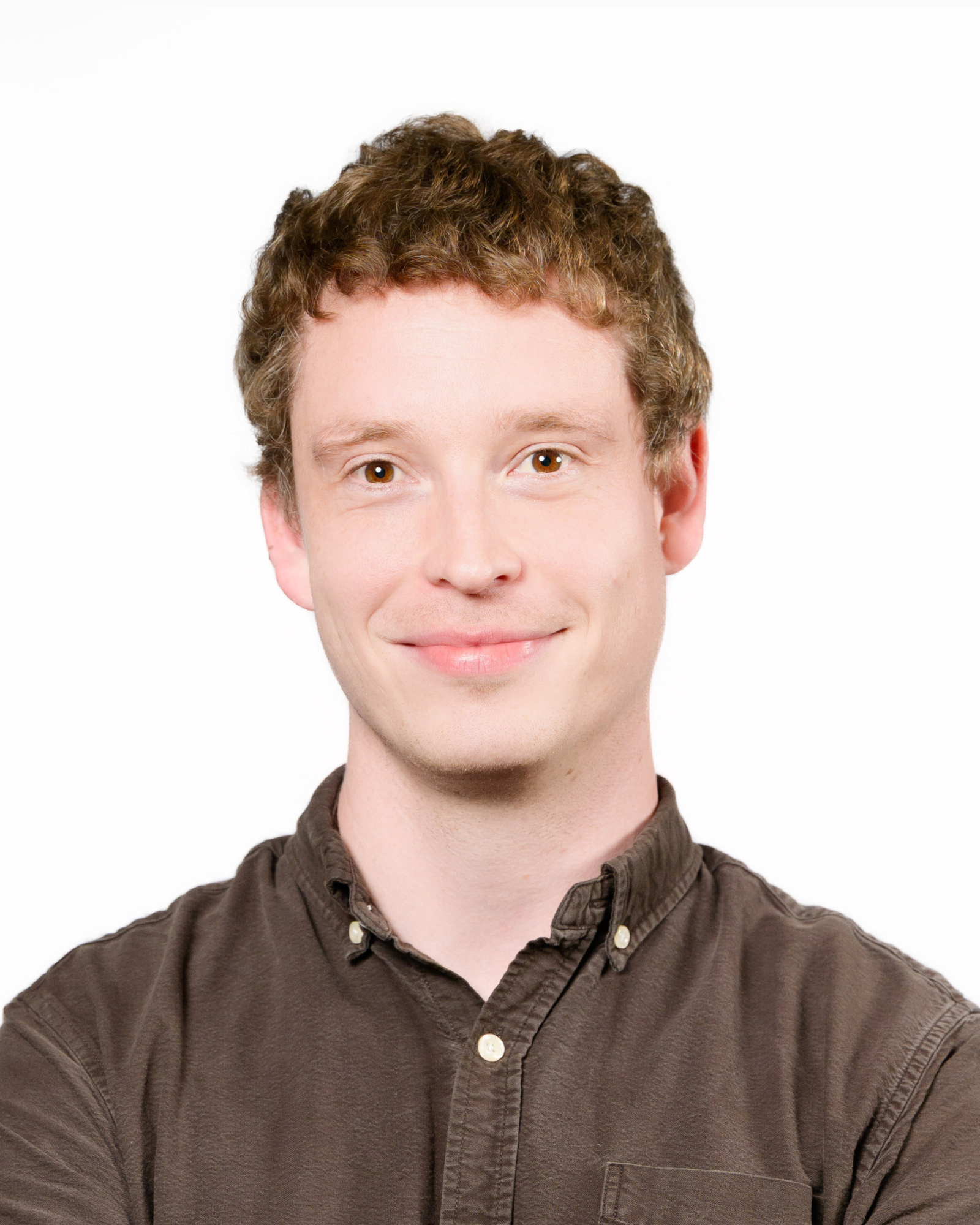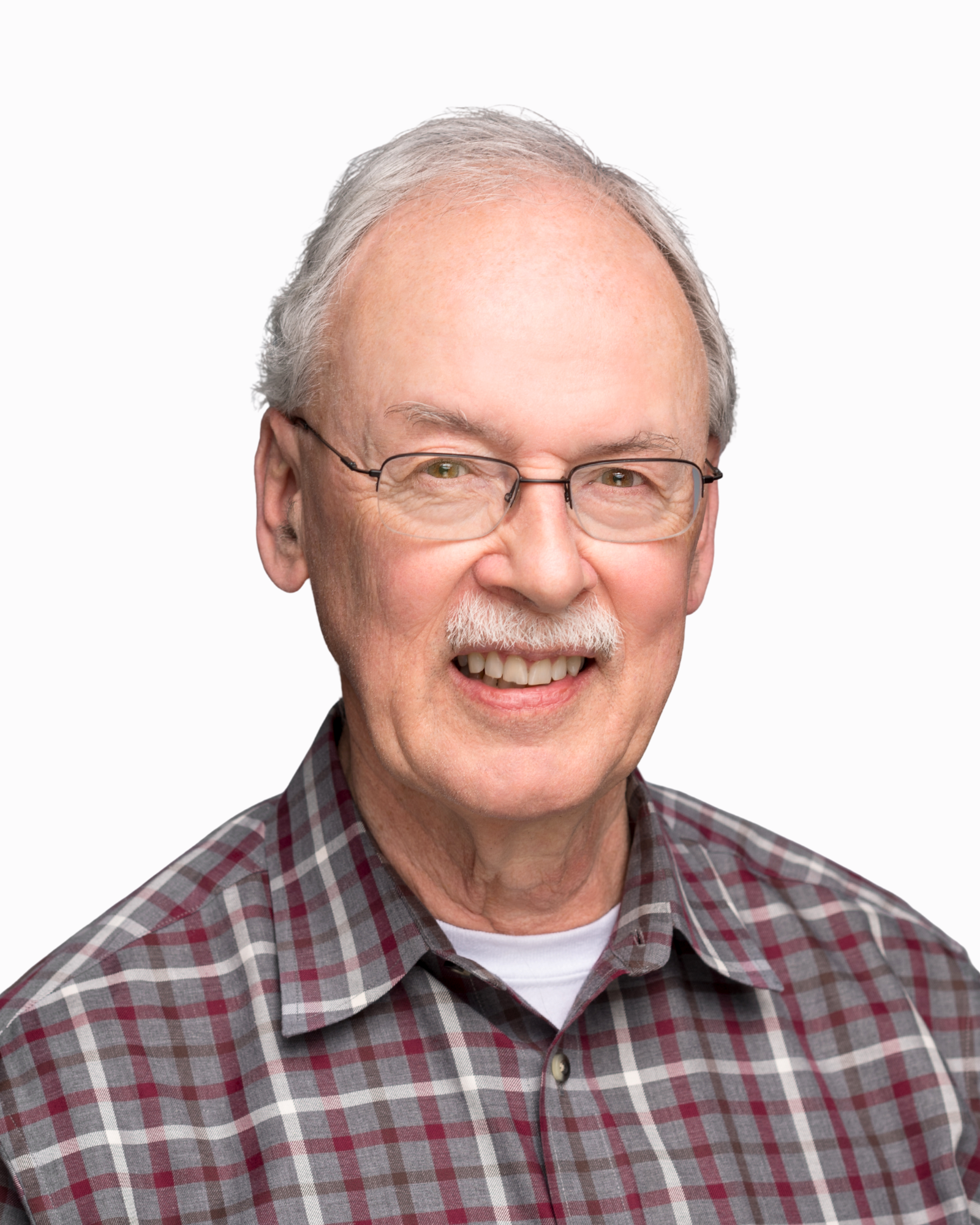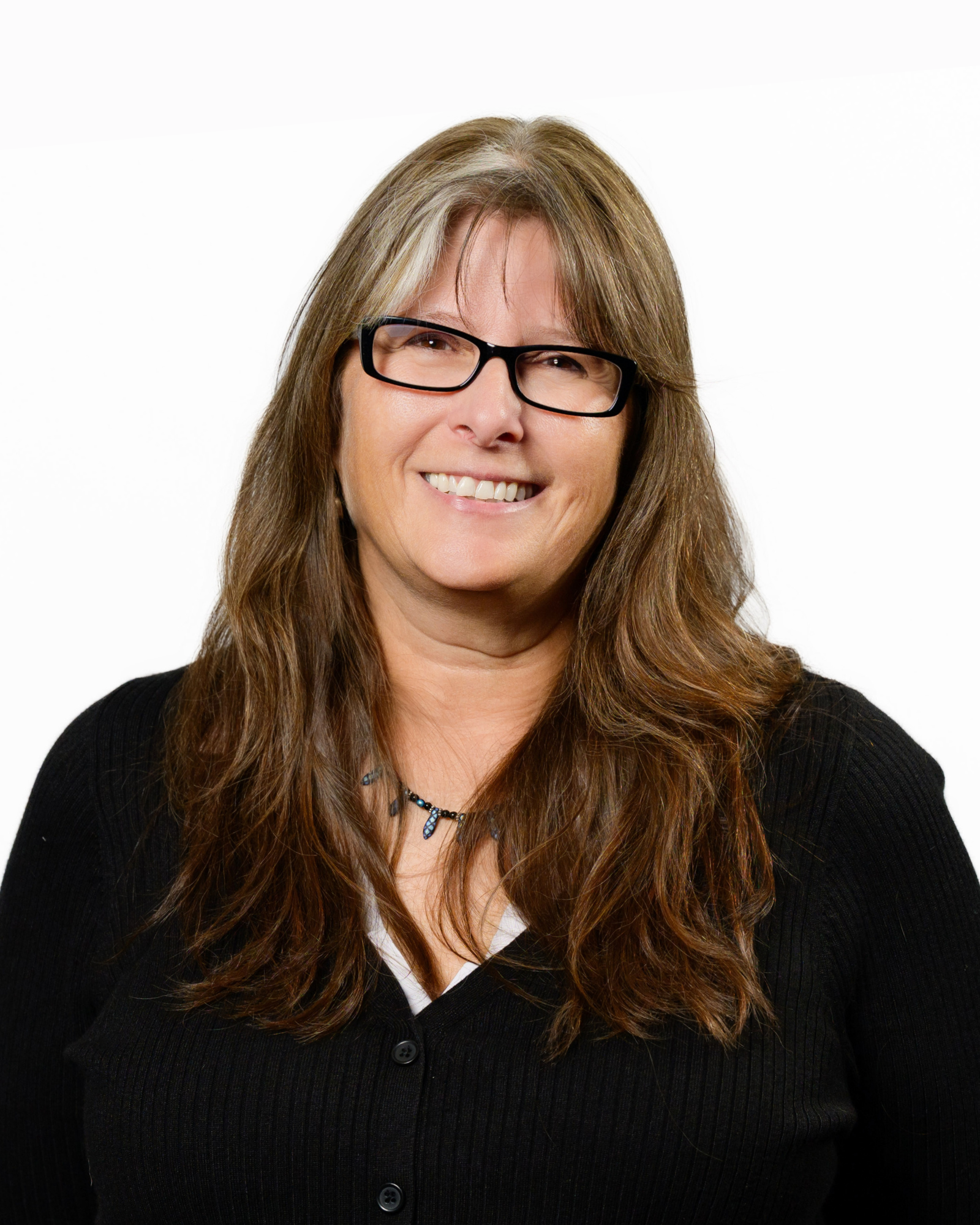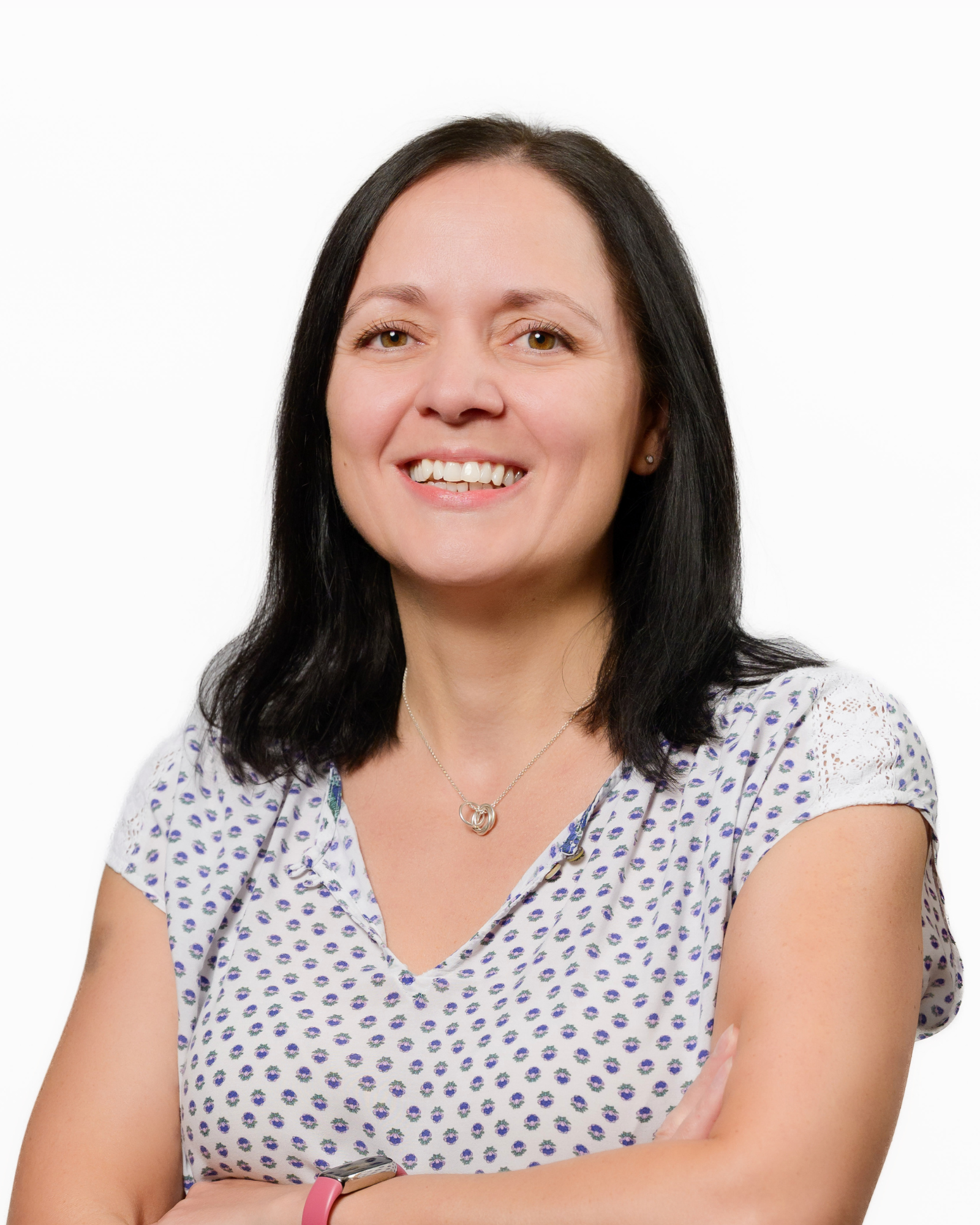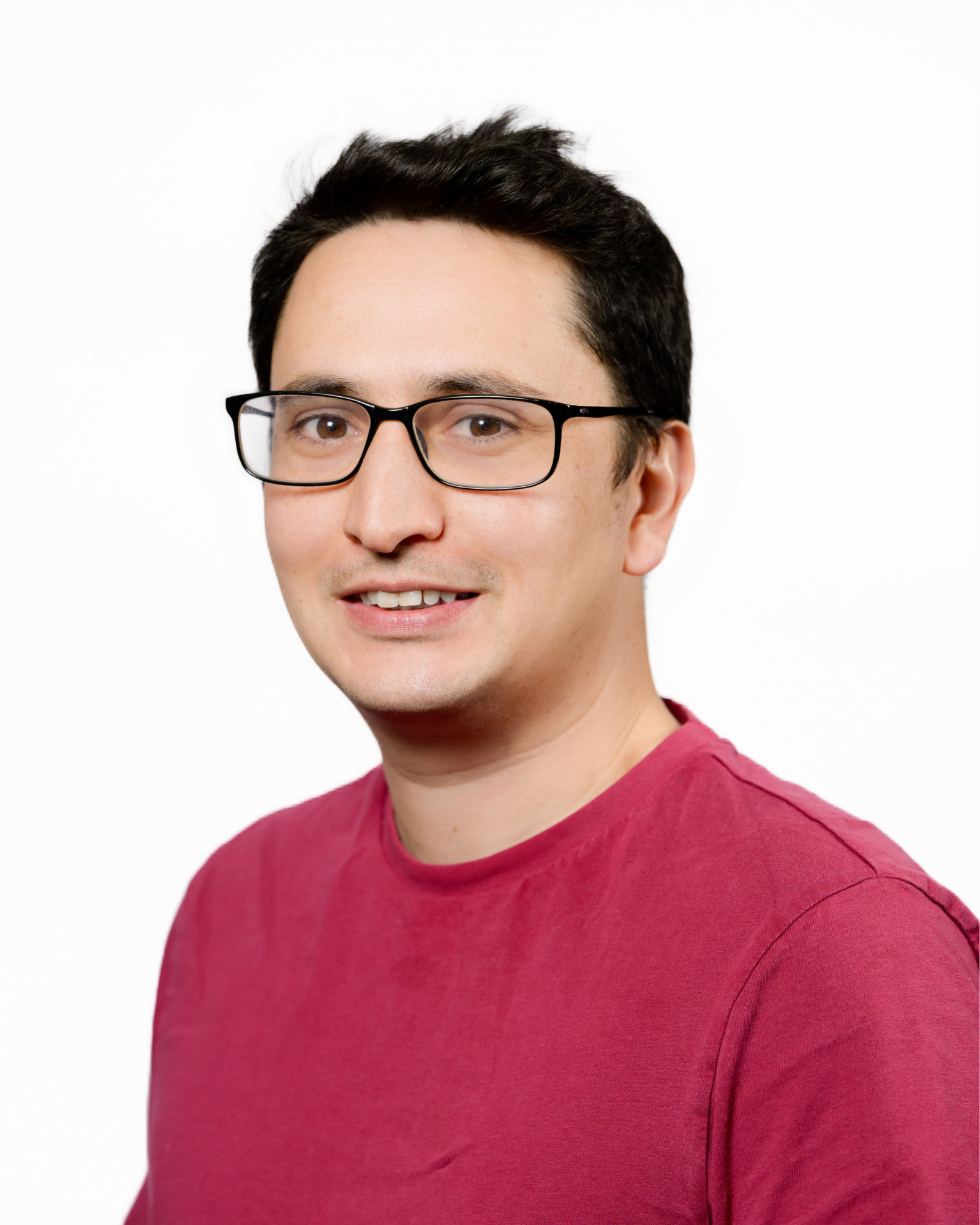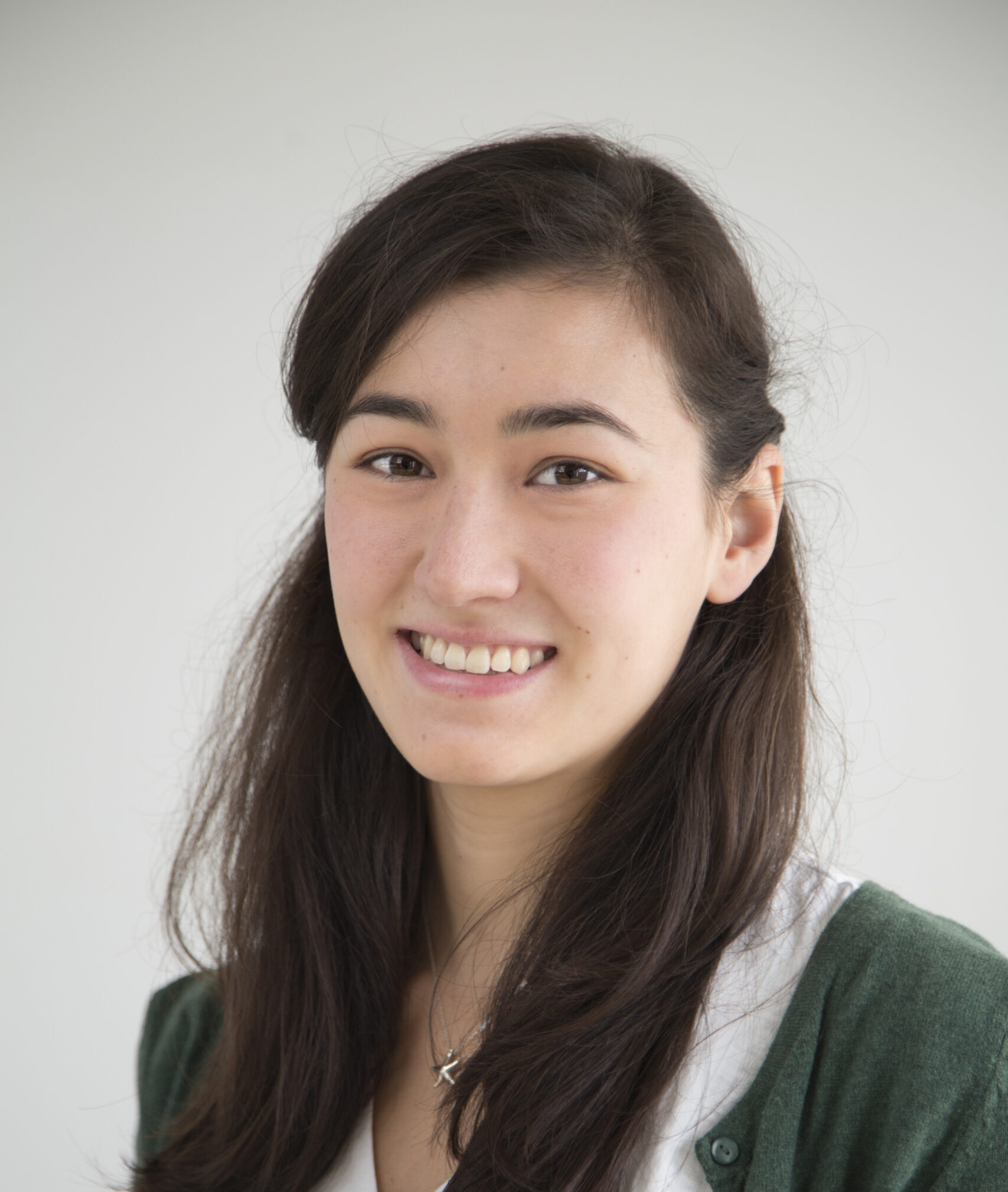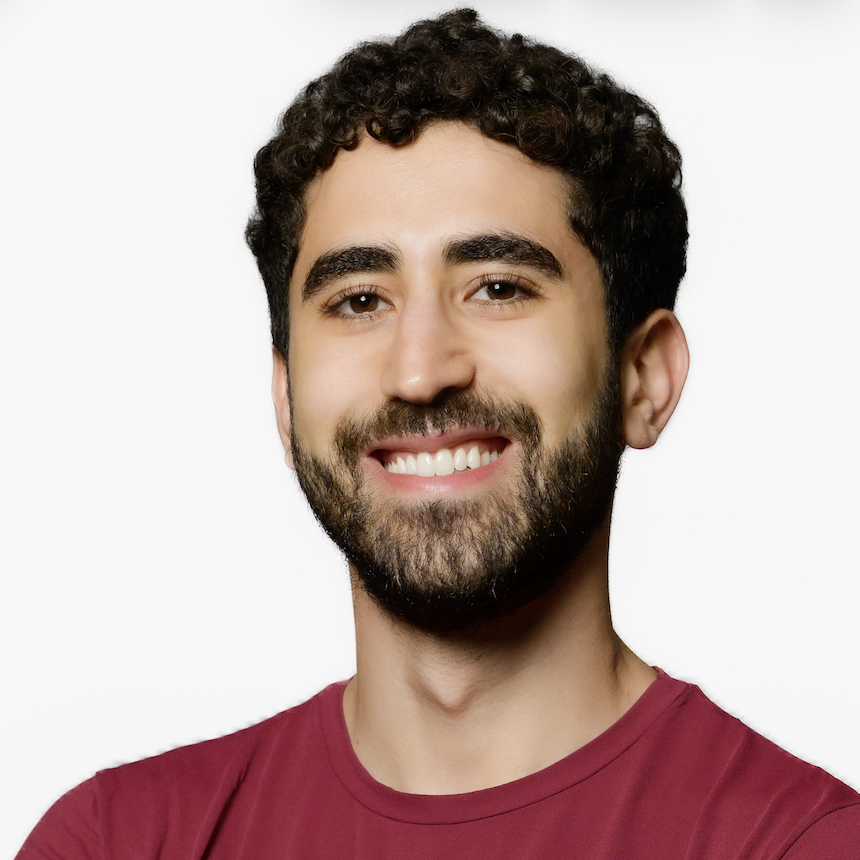Science and Global Health R&D
We support research and development into new tools to improve global health.
About the Fund
Team
-
Jacob Trefethen
Managing Director
-
Chris Somerville
Program Director
-
Heather Youngs
Program Director
-
Katharine Collins
Senior Program Officer
-
Ray Kennedy
Senior Program Officer
-
Aisling Leow
Associate Program Officer
-
Rafael Dib
Senior Program Associate
Health technologies like vaccines and drugs save millions of lives around the world. Yet many cures remain undiscovered. Government and private sector funders do not always prioritize research and development (R&D) that could help the most people live long and healthy lives.
Diseases like tuberculosis, malaria, and rheumatic heart disease that primarily affect the world’s poorest people receive much less R&D spending relative to their health burdens than diseases affecting the wealthy. High-risk, transformational science often goes unfunded, too.
We are particularly interested in supporting products or fields where progress has stalled, where additional resources could accelerate breakthrough discoveries and new tools for global health.
We have supported scientific research for human health since 2016, expanding our work in global health R&D in 2023. Our work includes:
- Transformative basic research and tool development aimed at answering fundamental questions about biology and human health.
- Preclinical and clinical studies to develop and test new treatments, vaccines, diagnostics, and other preventive technologies.
- Implementation research, technical assistance, and market-shaping initiatives to help health systems make use of the best knowledge and tools available, and expand the availability of lifesaving technologies.
Research & Updates
330+
grants made
$550+
million given
30+
social investments made
$90+
million in social investments
Featured Grants
- View All
- Infectious Diseases
- Transformative Science
- Maternal and Newborn Health
- Noninfectious Diseases
- Policy and Practice
